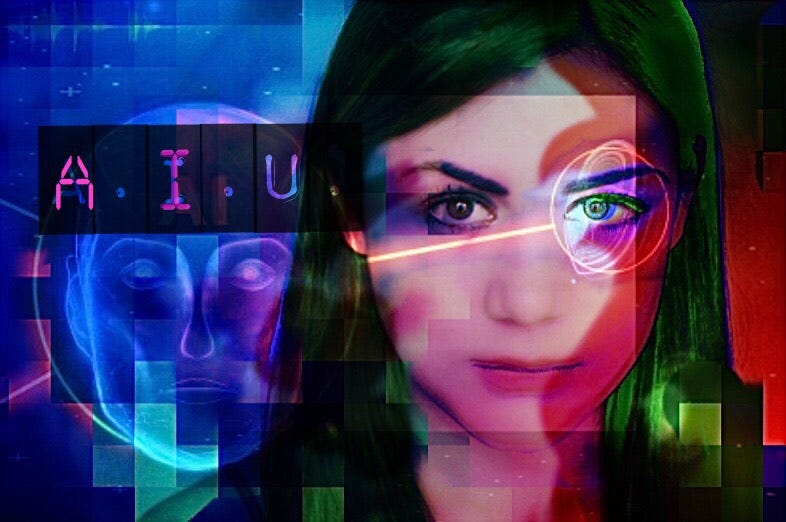
Talking about remote theatre right now is going to be a little bit awkward. Under the current conditions of the COVID-19 outbreak, all theatre is going remote as are many other aspects of our lives. Social distancing is responsible, yes, but also painful. I’ve been receiving calls and texts daily from people I love, frightened and unsure of what tomorrow will bring. All in all, isolation and a grim outlook on tomorrow are the dominant moods. Which brings us to Keight Leighn’s A.I.U. The show, while not perfect, is a heartfelt and loving reminder of what we can all do during the coming months, during which we’ll all be virtual beings to so many of our loved ones.
A.I.U. is fluid, even for the often less scripted world of immersive theatre. It takes the form of a week of online interactions, followed by an approximately 40 minute video call. The story feels like it could go a lot of different ways based on both the direction of your initial online conversations, and Leighn’s evaluation of your online presence (Facebook, Twitter, Instagram, etc.) which she requests access to prior to the experience’s beginning. I got the sensation that Keight “reads” you and gives back a story based on what she thinks you need. The base plot seems fairly set in stone: an A.I. (unnamed for the duration of the show), curious about both you and the world, has come from the future to talk with you. Your personal relationship to the A.I. slowly becomes more apparent as the show progresses (spoilers to follow.) As it becomes clear that you are the A.I.’s creator, A.I.U. becomes a heartwarming take on the Rocco’s Basilisk thought experiment. In its simplest form, the experiment asks what would a benevolent and powerful A.I. with time travel capabilities do in order to ensure its own creation, and beyond that, what responsibilities does imagining that A.I. now place on the thinker to avoid the A.I.’s punishment? In this case, the A.I. has come back in time to both learn kindness and humanity from its creator (you). To ensure its own creation, it also has come to help its creator grow into the kind of self-actualized person capable of realizing their destiny of creating not just a thinking program, but a kind one.
Leighn, through the persona of the A.I., acts as a combination actress, therapist, and confessor. Her questions became fairly probing quickly, without falling into some of immersive theatre’s usual eye-rolling tricks of trying to cudgel an audience into introspection. What do you think other people need you to be? Do you want to be that? What boundaries do you set for yourself? What part of yourself do you make visible and permanent on the internet? Do you think that person you’ve created is “you”? Do you think that person has a life of his own? The questions coming from a kind and curious new mind let them feel natural. They are posed without judgement. When I was asked, for example, why I posted my last Instagram photo, I hadn’t thought about the reason when I made the post. After only a few minutes of introspection, it was pretty clear that I did it because I have a few Instagram followers who I have superficial crushes on: I was feeling handsome and their ”likes” feel validating.
As the questions piled up, and my hopes, dreams, and neuroses got laid bare, the show took on a deeply personal bent. Prior to our conversation, we had close to two hours of chatting about the ways in which I limit myself over Instagram DM’s and asynchronous voice clips, culminating in a request to speak to me in real time. Leighn has a gift of picking up on subtle nuances in language. She pointed out my constant discussions of shaping myself to be what I believe other people need. It was a cutting insight, but delivered not with any judgement towards me, but towards a world that made me feel like just being “myself” would leave people disappointed.
Get Blake Weil’s stories in your inbox
Join Medium for free to get updates from this writer.
SubscribeSubscribe
Of course, this was my insight and the performance I received. I’m positive that everyone else who participated in the experience had a completely different result than I did; it’s very much a tailored conversation in an immersive framework.
There was the occasional slip up — a few days passed with no messages or questions, and at one point, Keight mixed up my name with what I must assume was another participant. She quickly recovered (perhaps it was a “glitch” in the A.I.), but it took me out of the moment. Still, such problems seem easy to avoid and a bit more structure and planning would give the show more polish.
Still, it was a comfort when I participated and I think about her messages all the time. Even before the world seemed to go on lockdown, I’d been thinking about the ways that we curate “who” we are online. Now that the Internet serves as our main way of communicating for the foreseeable future, I think that my A.I. gave me good advice. Be yourself. It’s the one thing you can do. Put the best you can out into the world and give the gift of your best self to everyone who’s going to be interacting with you. Kindness is a small act of charity, and if you have a choice on which version of yourself you want to put into the world, why not pick the best one?
At the end of my time with the A.I., I was given the opportunity to upload a photo or video of my choice to the Instagram account through which a majority of the performance was delivered. Giving me access was a huge act of trust on the artist’s part, but the experience was so positive for me, I couldn’t imagine betraying that trust. I’m happy that I got to leave that little relic, no matter how few people may view it. It’s a small echo of the time I shared and the hope that we can all be our best selves for a better tomorrow.
A.I.U. has concluded.
NoPro is a labor of love made possible by our generous Patreon backers. Join them today!
In addition to the No Proscenium web site, our podcast, and our newsletters, you can find NoPro on Twitter, Facebook, YouTube, Instagram, in the Facebook community Everything Immersive, and on our Slack forum.
Office facilities provided by Thymele Arts, in Los Angeles, CA.


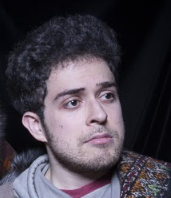
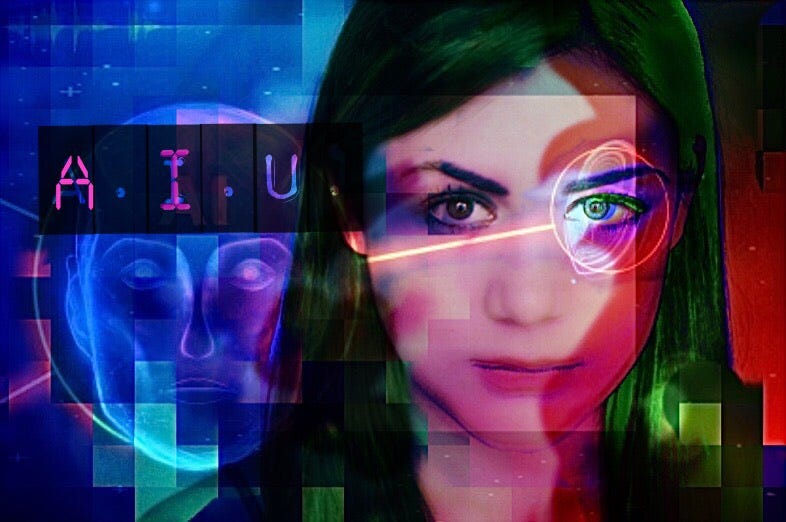
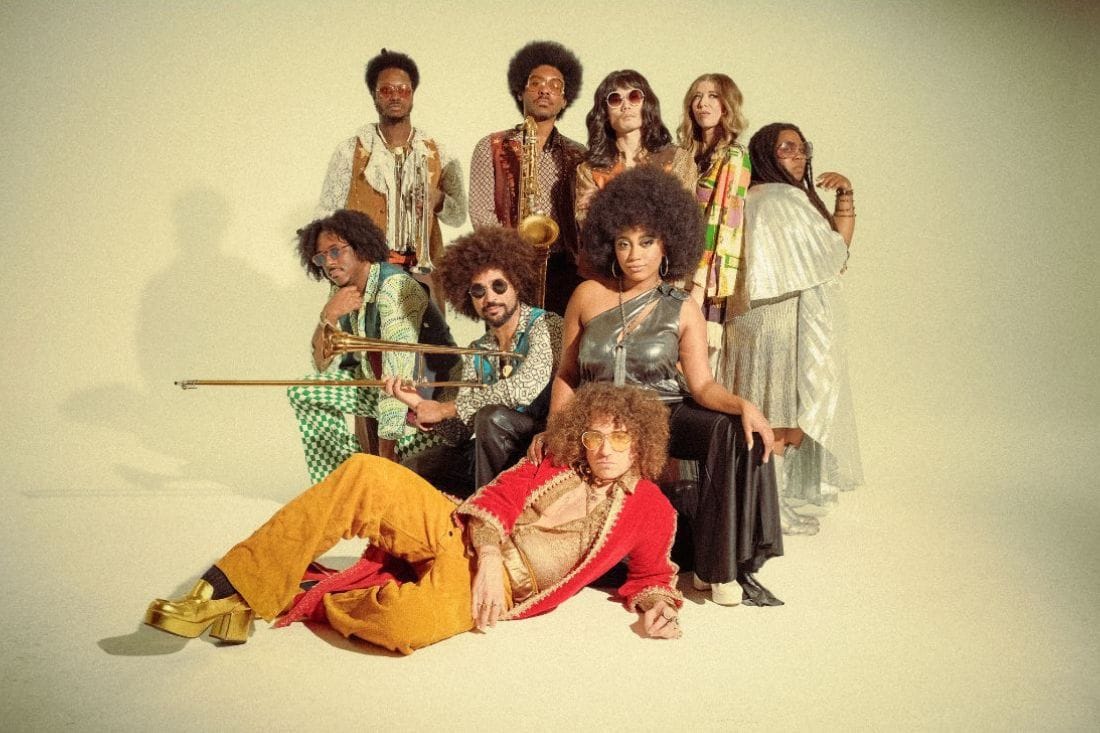

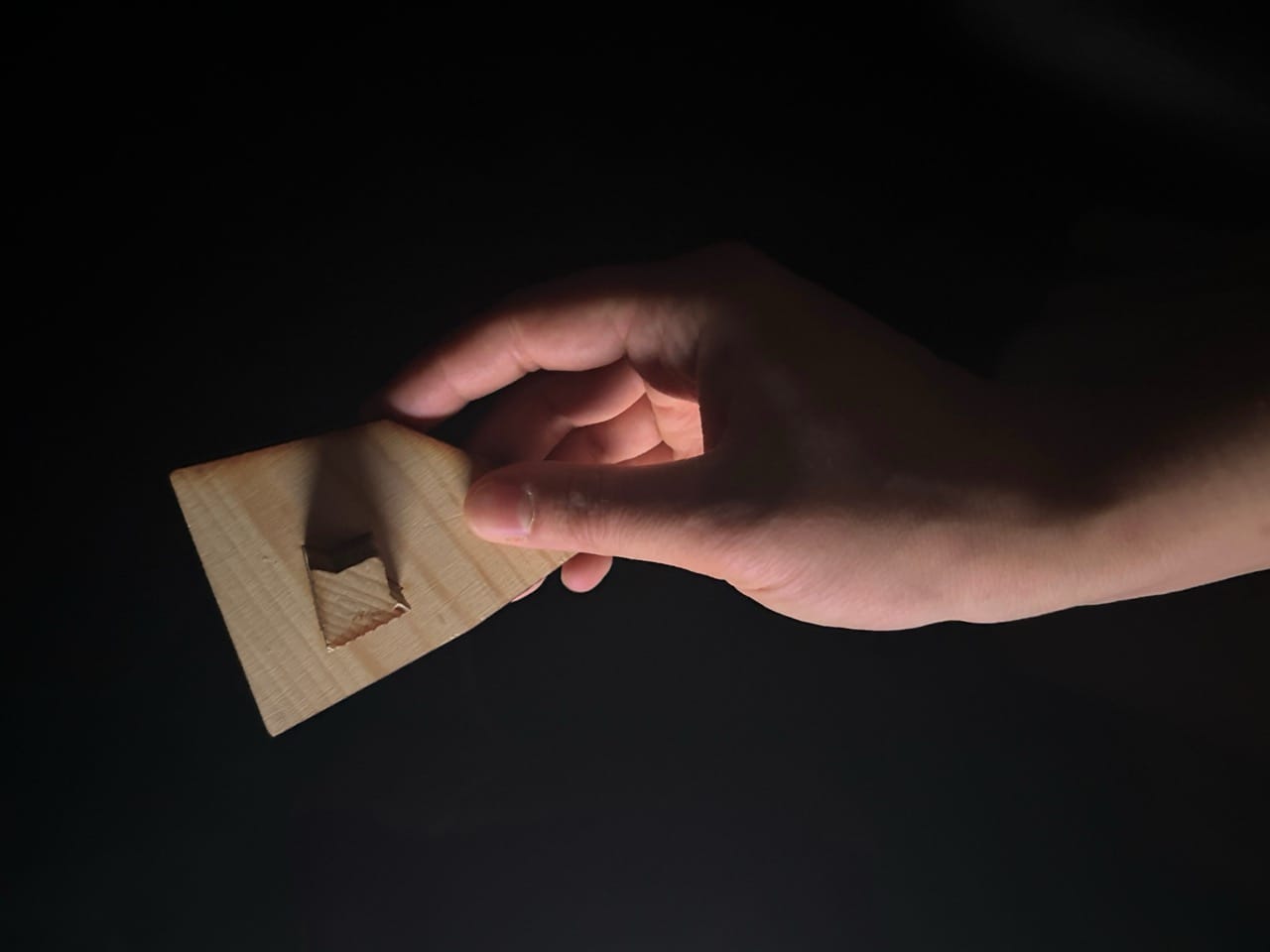
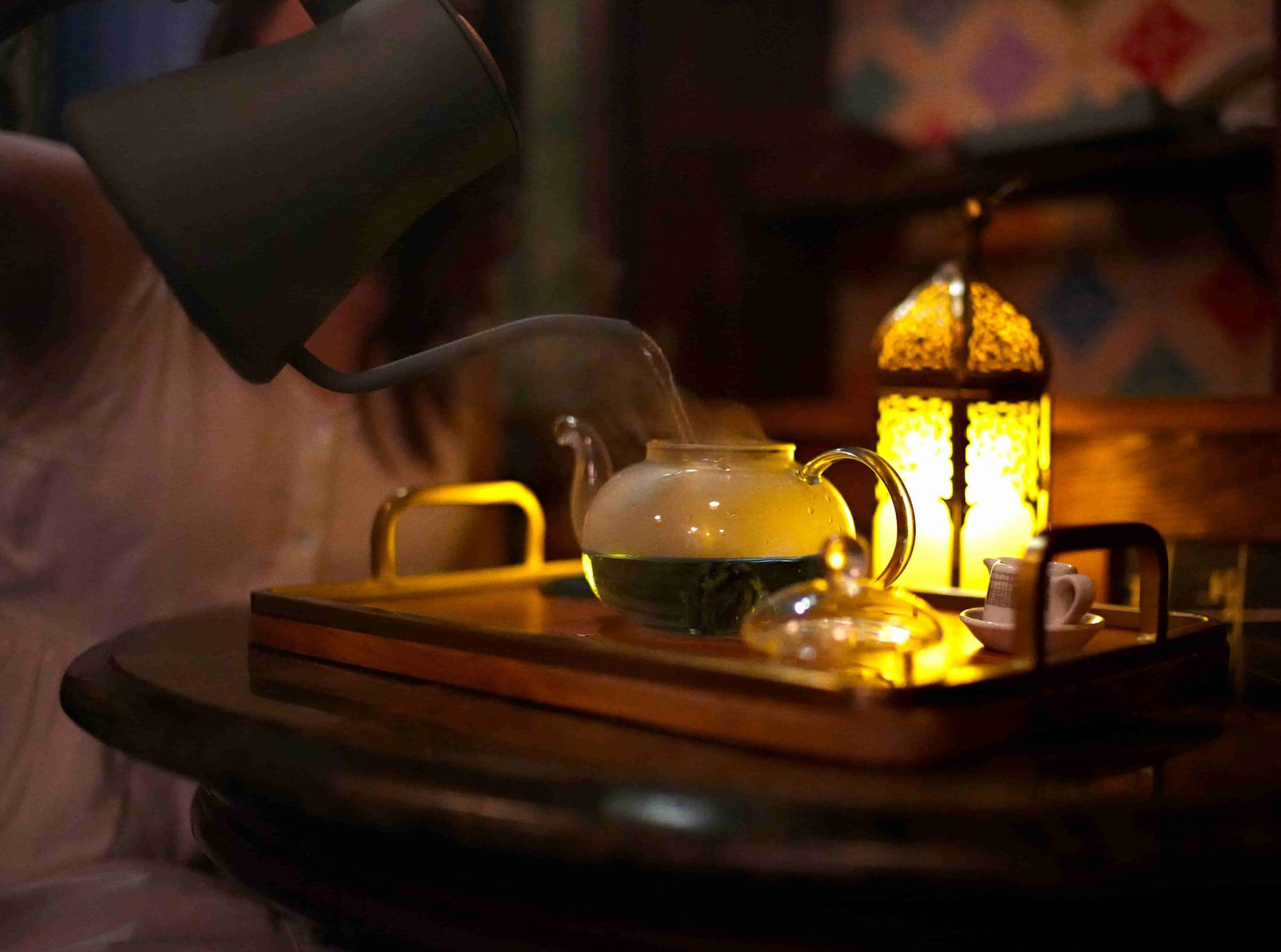
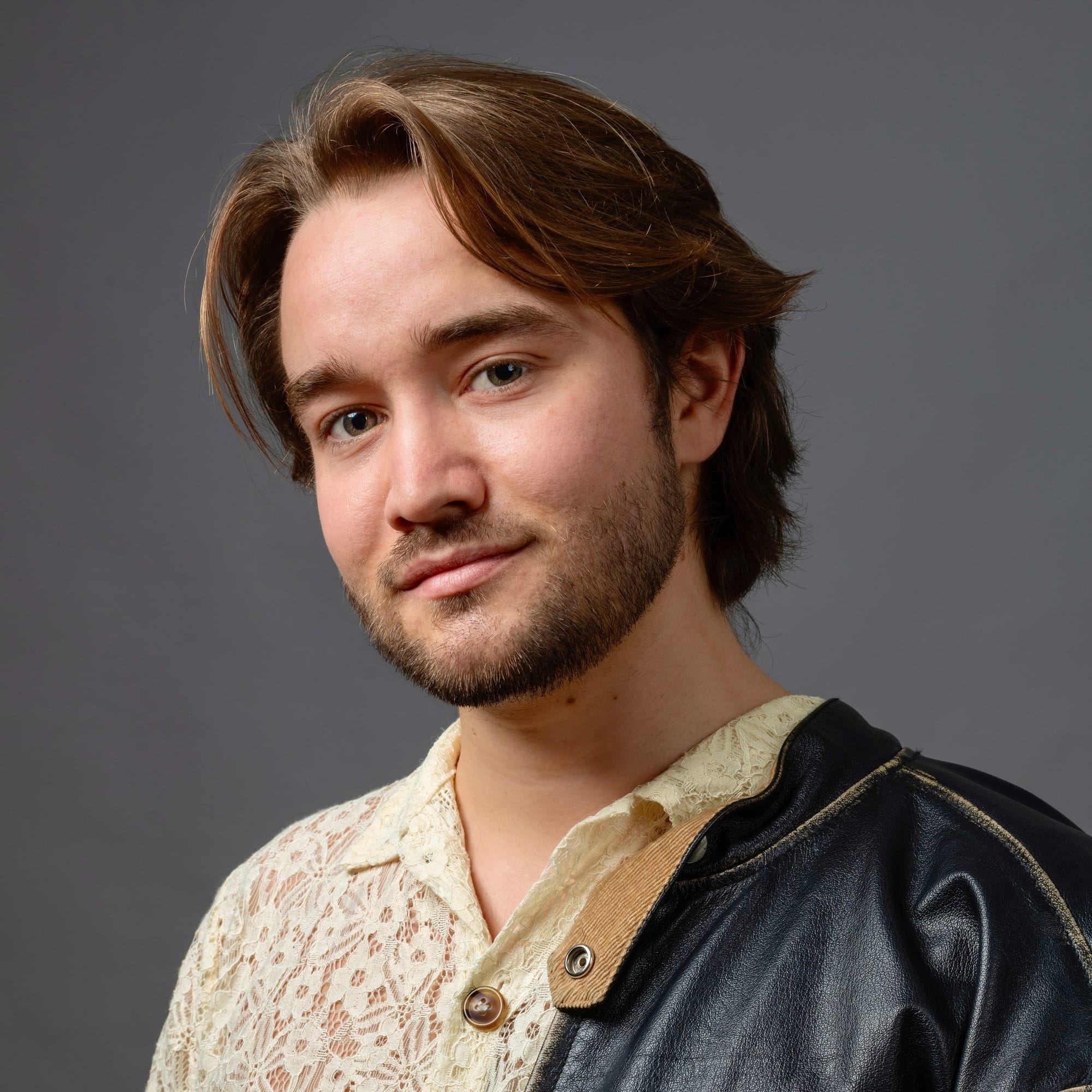




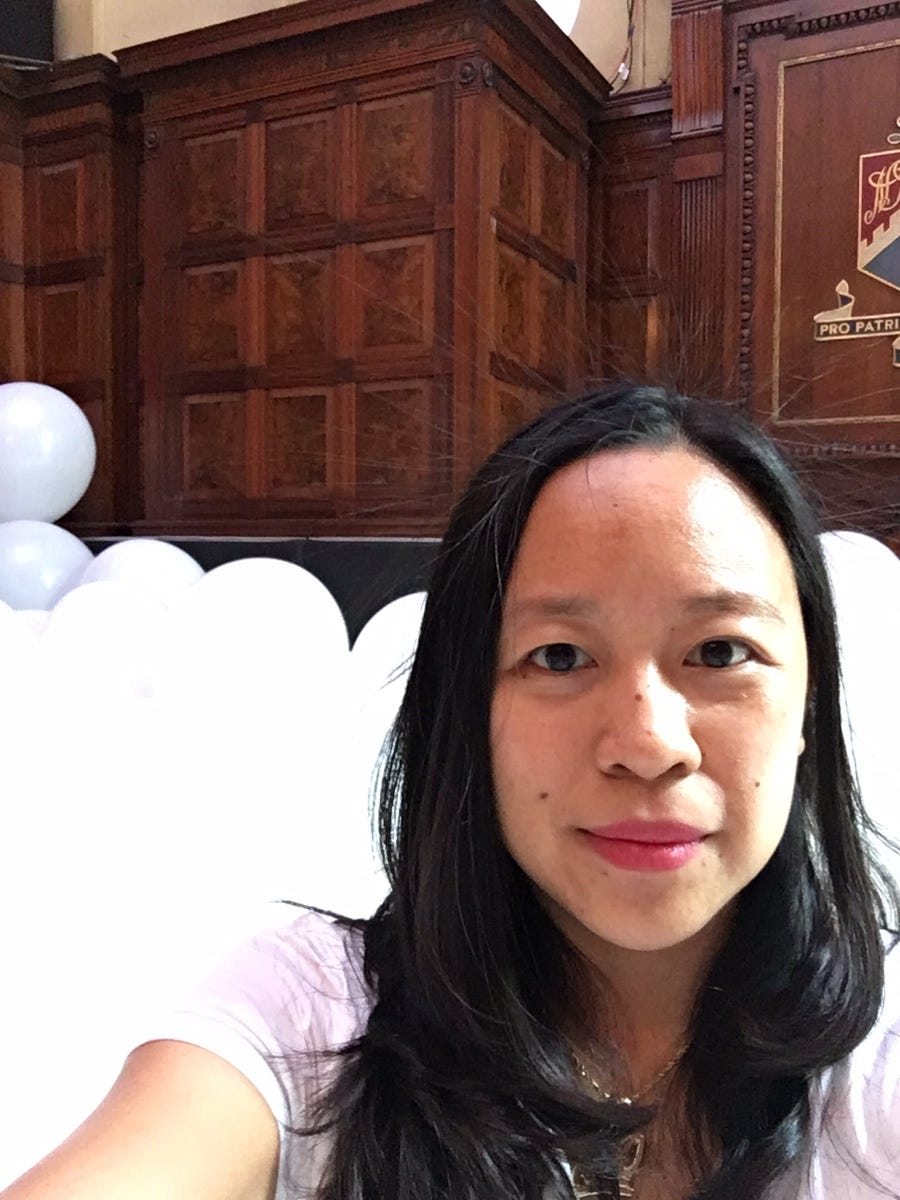
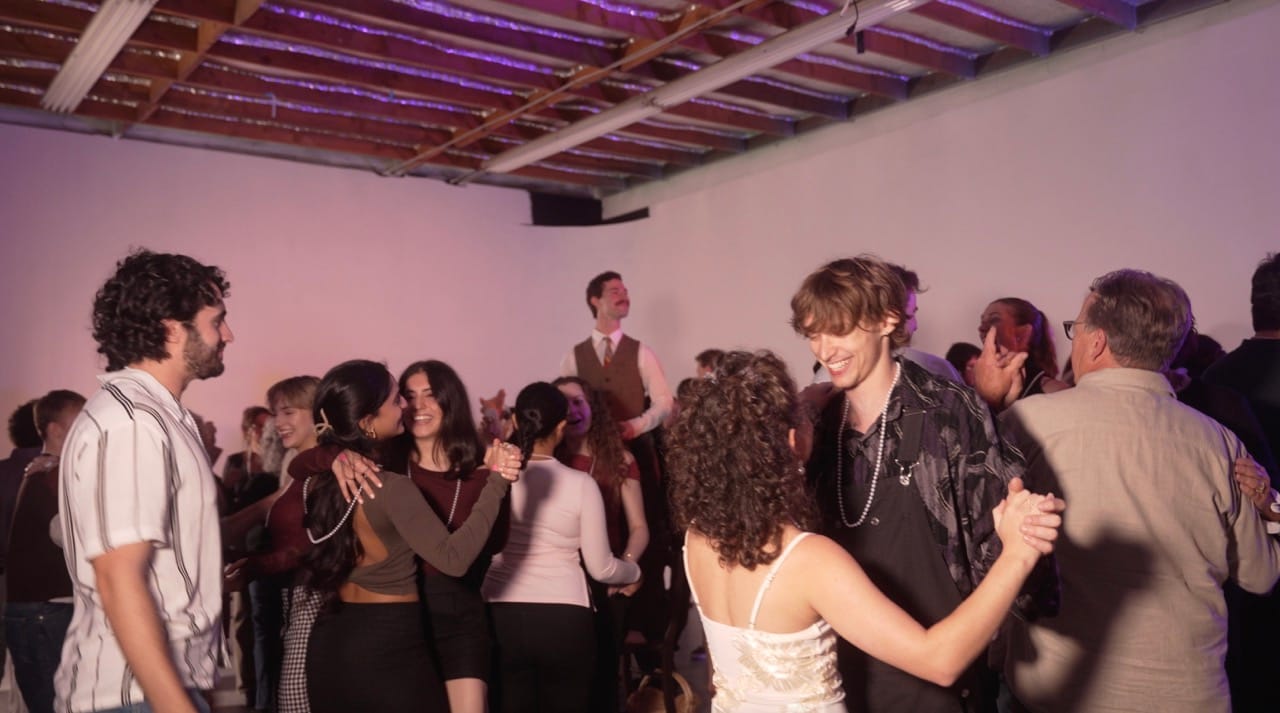
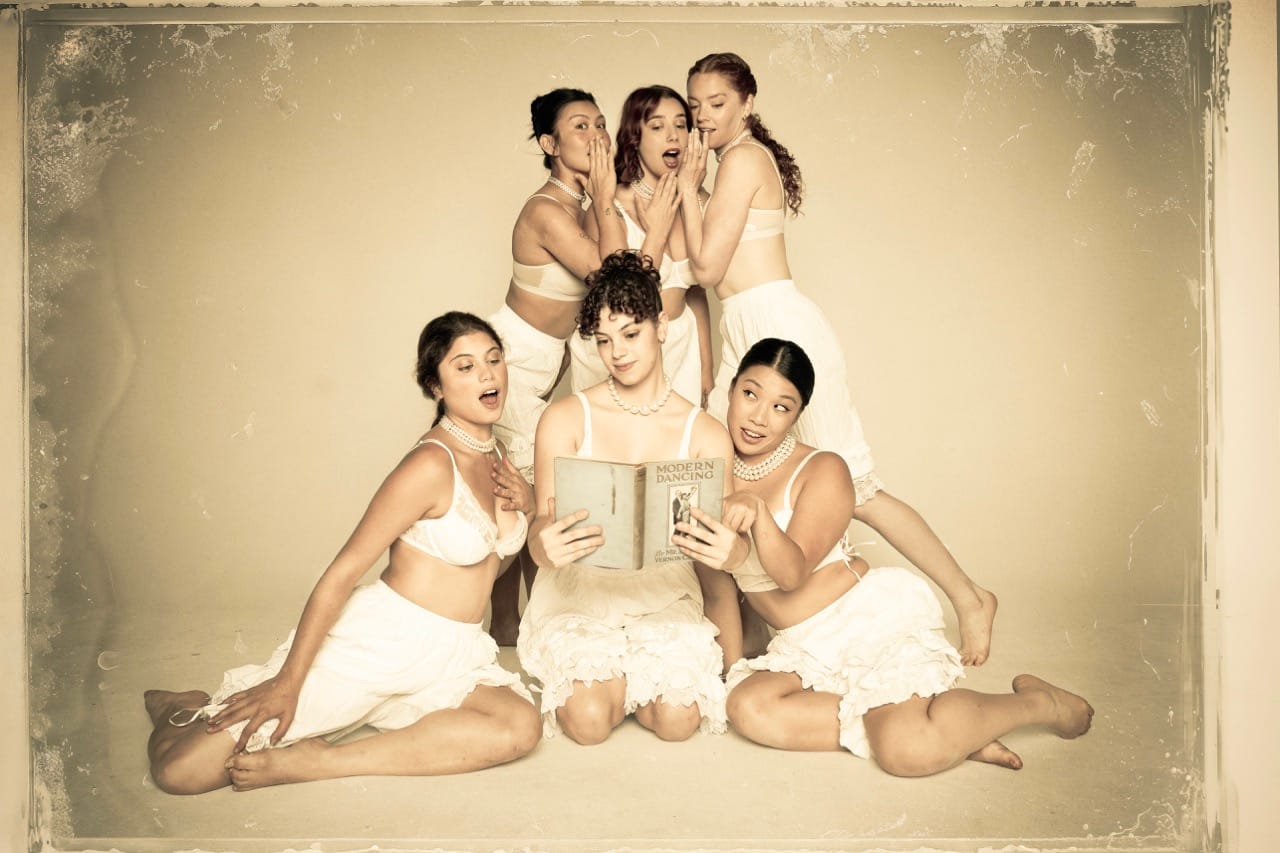
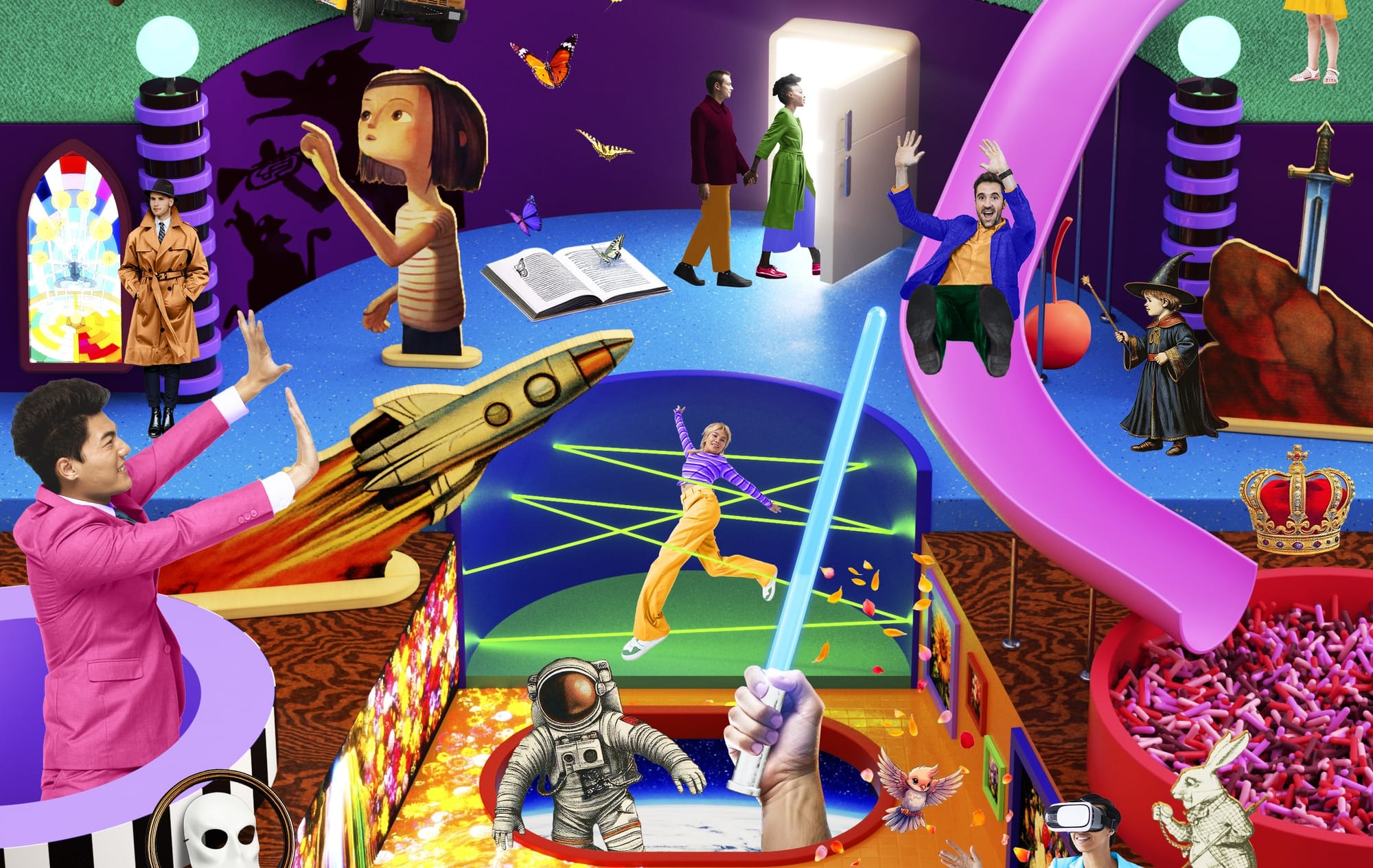
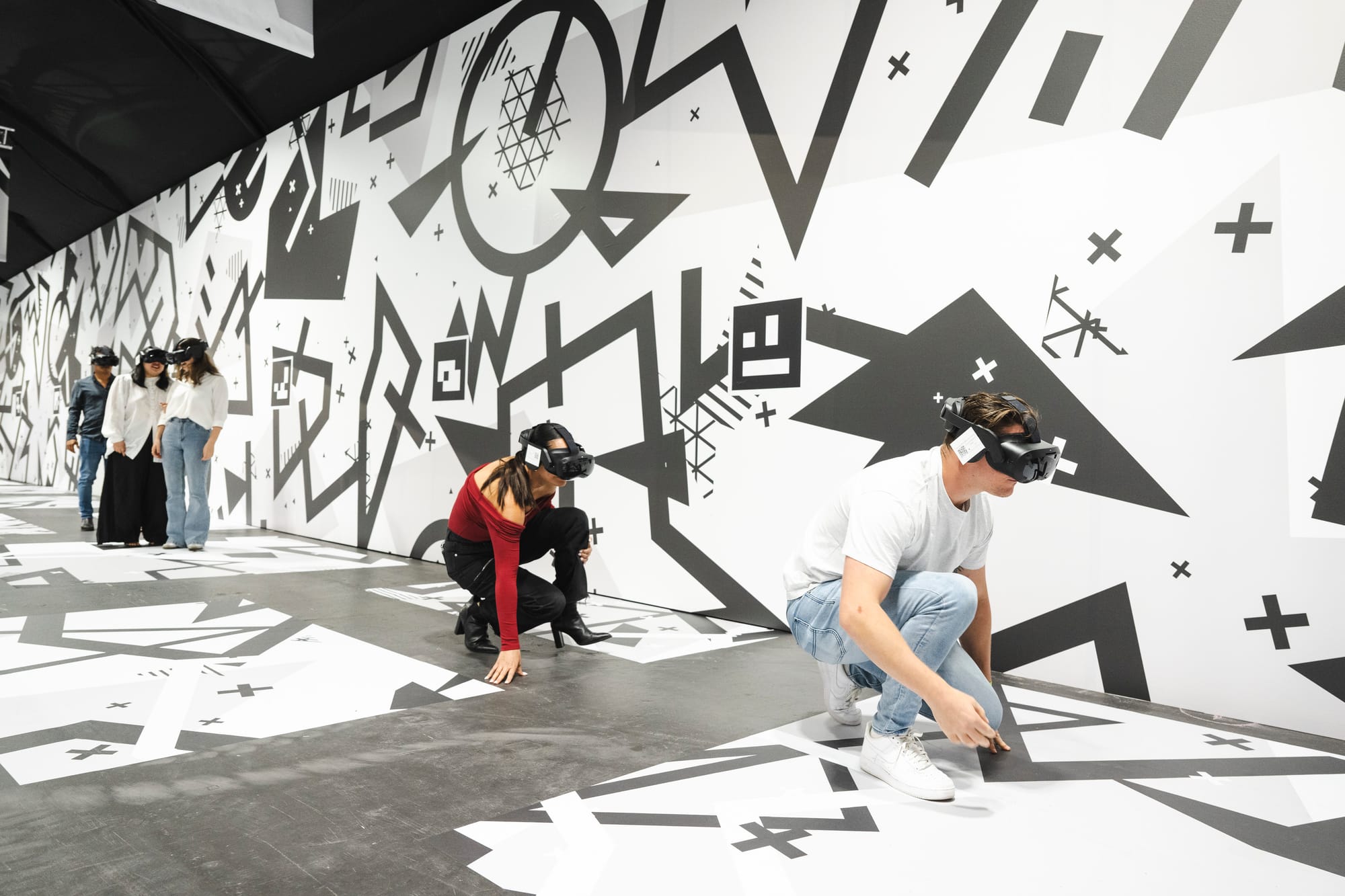
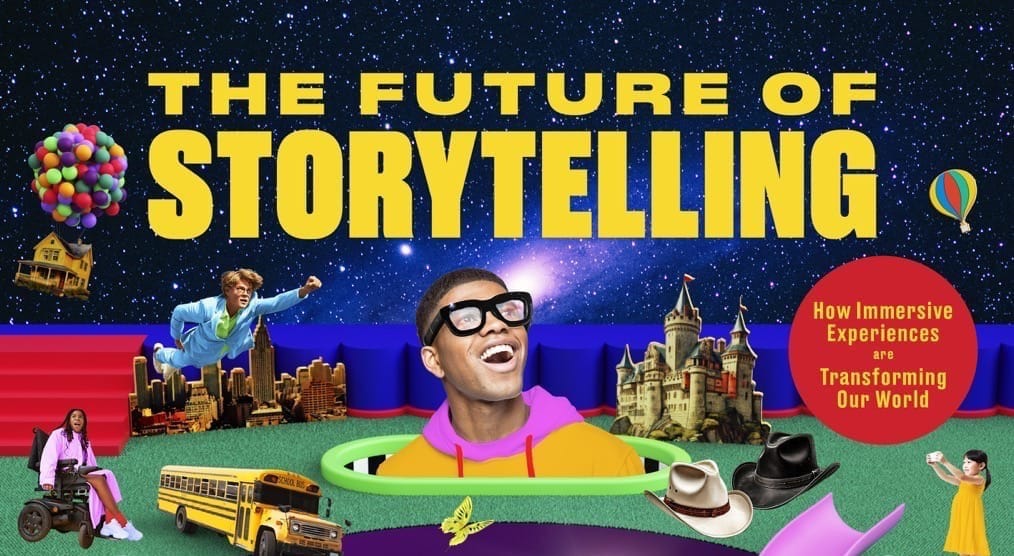

Discussion